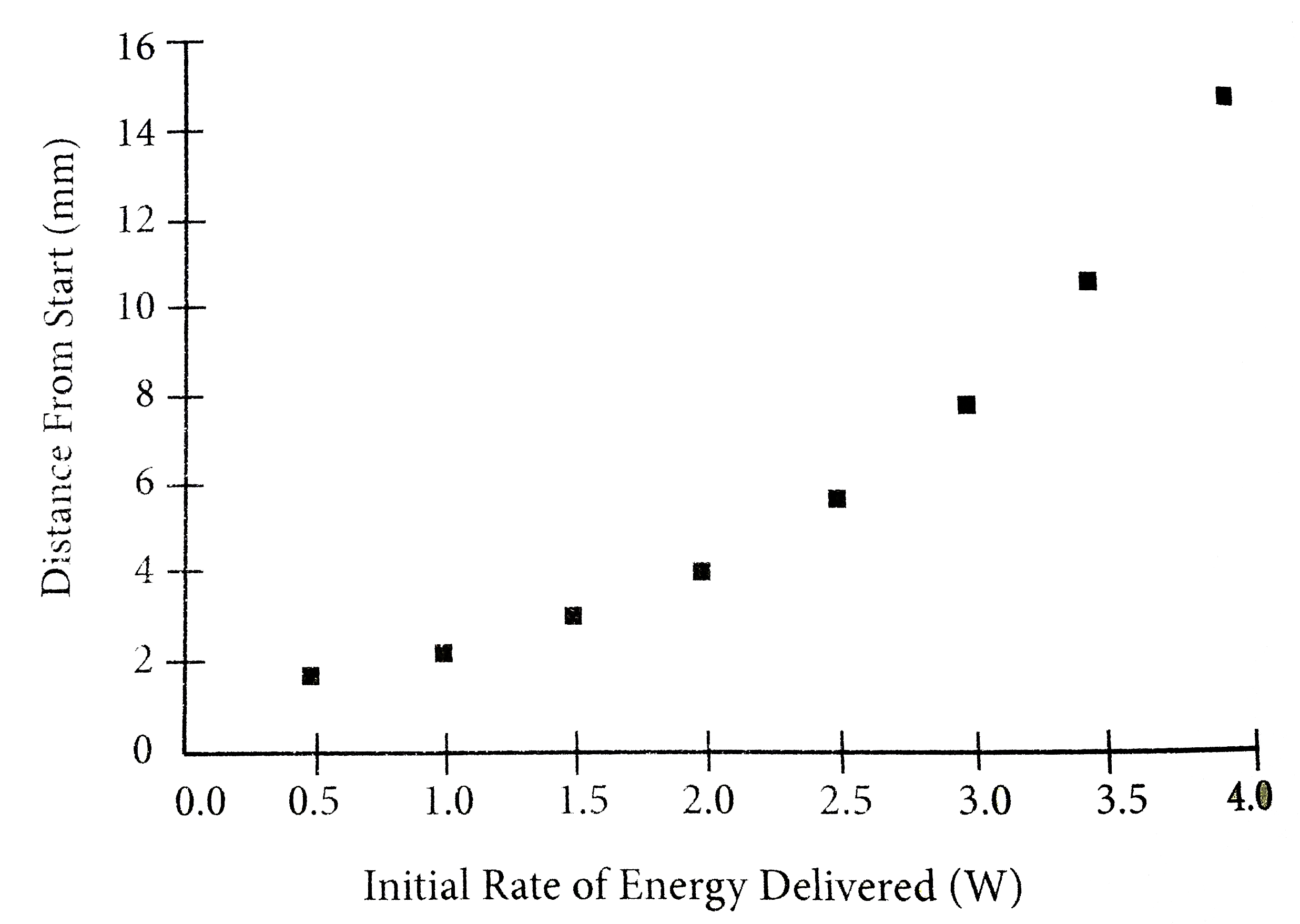A student has to match three historical events Dandi March, Quit India movement and Mahatma Gandhi Assassination with the years 1948,1930 and 1942. The student has no knowledge of the correct answers and decided to match the events and years randomly. If x denotes the number of correct answers he gets, then mean of x is
0.5
1
1.5
2
The correct Answer is:B
To solve the problem, we will follow these steps:
Step 1: Identify the events and years
We have three historical events:
1. Dandi March
2. Quit India Movement
3. Mahatma Gandhi Assassination
And the corresponding years:
1. 1948
2. 1930
3. 1942
Step 2: Determine the total number of ways to match events with years
The total number of ways to match the three events with the three years is calculated using the factorial of the number of events (or years). Since there are 3 events, the total number of arrangements is:
3!=3×2×1=6
Step 3: Calculate the probabilities for different values of x
- Probability of x = 3 (all correct): There is only 1 way to match all correctly (the correct arrangement), so:
P(x=3)=16
- Probability of x = 2 (two correct): If two are correct, the third must also be correct (since there are only three events), so:
P(x=2)=0
- Probability of x = 1 (one correct): The student can match one correctly in 3 different ways (choosing any one of the three events to match correctly), so:
P(x=1)=36=12
- Probability of x = 0 (none correct): The remaining arrangements where none are correct can be calculated as:
P(x=0)=26=13
Step 4: Calculate the mean (expected value) of x
The mean (or expected value) of x is calculated using the formula:
E(x)=∑(x⋅P(x))
Substituting the values we calculated:
E(x)=0⋅26+1⋅36+2⋅0+3⋅16
Calculating this gives:
E(x)=0+36+0+36=66=1
Final Answer
The mean of x (the expected number of correct matches) is:
1
We have three historical events:
1. Dandi March
2. Quit India Movement
3. Mahatma Gandhi Assassination
1. 1948
2. 1930
3. 1942
The total number of ways to match the three events with the three years is calculated using the factorial of the number of events (or years). Since there are 3 events, the total number of arrangements is:
3!=3×2×1=6
- Probability of x = 3 (all correct): There is only 1 way to match all correctly (the correct arrangement), so:
P(x=3)=16
P(x=2)=0
P(x=1)=36=12
P(x=0)=26=13
The mean (or expected value) of x is calculated using the formula:
E(x)=∑(x⋅P(x))
Substituting the values we calculated:
E(x)=0⋅26+1⋅36+2⋅0+3⋅16
Calculating this gives:
E(x)=0+36+0+36=66=1
The mean of x (the expected number of correct matches) is:
1
Similar Questions
In an examinations there are three multiple choice questions and each questions has 4 choices. Find the number of ways in which a student can fail to get all answer correct.
View SolutionA multiple - choice question has 5 options of which only one is correct. If a student does home work, then he is sure to identify the correct answer, otherwise the answer is chosen at random. Let A ne the event that the student does his home work and B be the event that the student answers correctly. If P(A)=23, then P(AB) is euqal to
View Solution
Knowledge Check
Mr. Lastorka's science class is running experiments with an energy efficient model electric car, As the initial rate of energy delivered to the car, measured in watt, increases, the number of millimeters moved by the car from its starting positions increases exponentially . The results the several trial runs are shown on the scatterplot graph below.

Based on the data, the students in Mr . Lastroka's class determine the exact equation involving Watts, x and total distance from start,y. They call the function y=f(x) over the x-axis. He challenges each student to determine the new function and what it would mean from a physics perspective. Four students pairs gave their answers below. Who is correct, and for what reasons?ACharles and Shannon, who identify the new equation as y=−2x and explain that the new graph indicates that the car is still moving forward at the same rate as beforeBMichael and Lauren, who identify and new equations as y=−2x and explain theat the new graph indicates the car is now moving in reverse at the same rate as before.CMatthew and Karen, who identify the new equations as y=−2x and explain that the new graph indicates that the car is now moving forward more rapidly than before.DAndy and Joanie, who identify the new equation as y=2−x and explain that the new graph indicates that the car is no longer moving in any direction.
